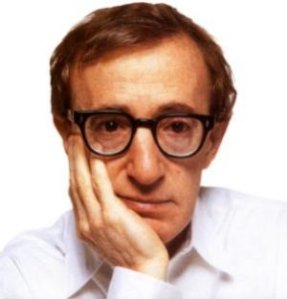The government’s proposal to launch a happiness index has prompted a lot of earnest debate and online chatter: How do you measure happiness? What makes people happy? And why, anyway, is the government concerned with how we feel?
David Cameron has said in the past that he is interested in gauging the country’s GWB (general wellbeing) as well as its GDP, admitting that there is more to life than money. It is a point-of-view shared by that indefatigable happiness peddler, Ken Dodd who, with unfortunate irony given a trial for tax evasion, sang:
A wise old man told me one time
When you go to measuring my success
Don’t count my money count my happiness
The launch of a national happiness survey reflects a growing belief, highlighted in several books such as The Spirit Level and Affluenza, that although people in the developed economies are increasingly more prosperous and enjoy rising living standards there has not been a corresponding increase in feelings of wellbeing.
My father says unashamedly, almost proudly, that he has only ever been happy once in his life. It wasn’t the day he got married, or even on first seeing his baby sons. No, it was when as a child he was walking to school and was stopped by another boy not wearing his uniform who enquired where he was going in his school blazer on a Saturday. The realisation that he had an unexpected day off was, for him, sheer bliss.
The Greeks preferred to take the long view of happiness: “Call no man happy until he is dead,” after which the complete ledger of joys and sorrows can be properly calculated. Although exactly how the personal perceptions of the recently deceased could be gleaned for a national census on wellbeing needs thinking through.
Personally, most days I tend to share Woody Allen’s rather lugubrious take on happiness in the film Annie Hall. “I feel that life is divided into the horrible and the miserable. That’s the two categories. The horrible are like, I don’t know, terminal cases, you know, and blind people, crippled. I don’t know how they get through life. It’s amazing to me. And the miserable is everyone else. So you should be thankful that you’re miserable, because that’s very lucky, to be miserable.”
Of course, such a view wouldn’t make David Cameron happy.




 Posted by Julien Deamer
Posted by Julien Deamer